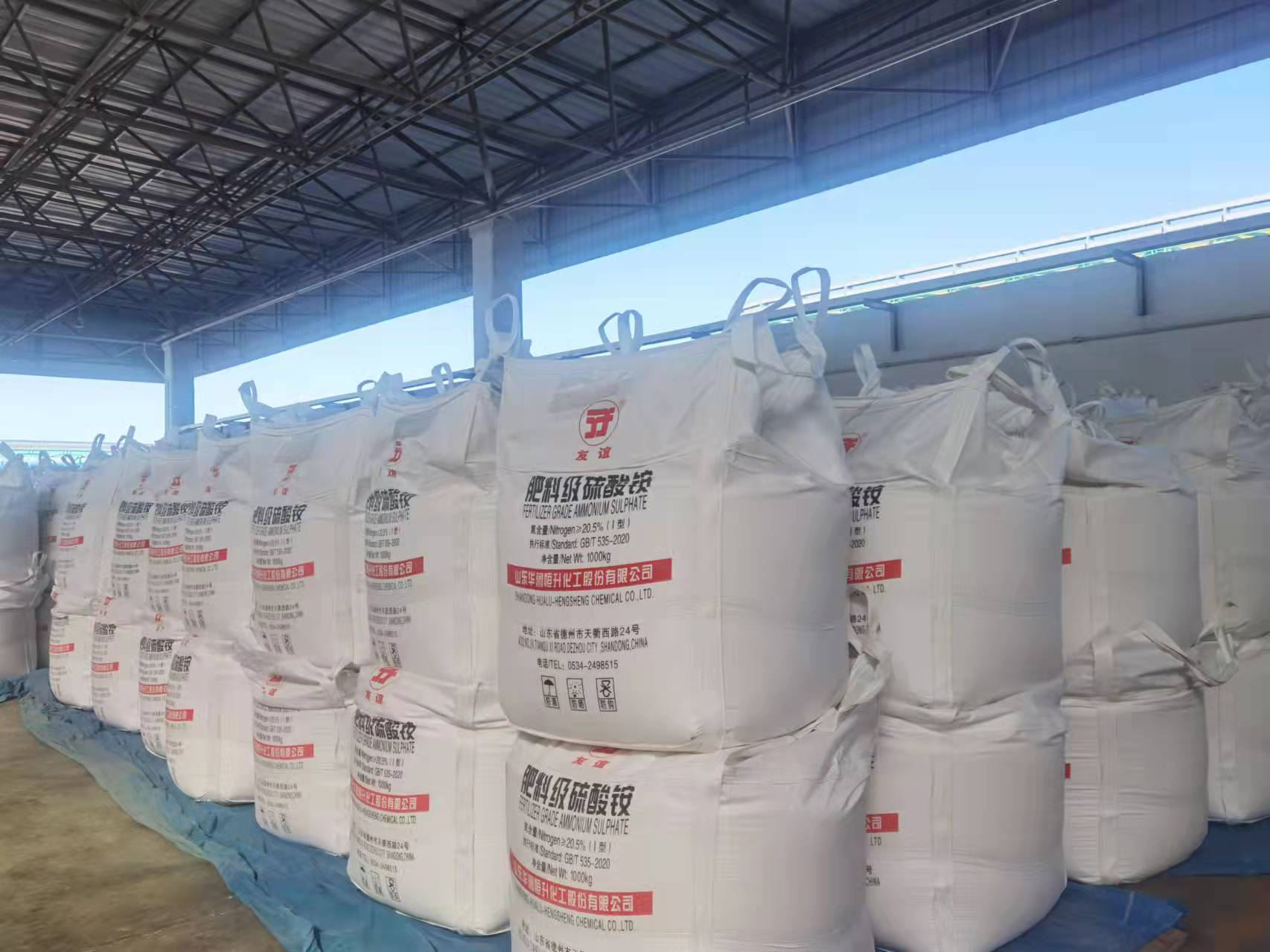
Nov . 13, 2024 18:17 Back to list
sunflower fertilizer npk
The Importance of NPK Fertilizers for Sunflower Cultivation
Sunflowers (Helianthus annuus) are not only visually striking with their bright yellow petals, but they also serve vital roles in agriculture, including oil production, animal feed, and even phytoremediation. To ensure optimal growth and high yields, proper fertilization, especially with NPK fertilizers, is crucial. NPK, which stands for Nitrogen (N), Phosphorus (P), and Potassium (K), is a combination of essential nutrients that sunflowers need for healthy development.
Understanding NPK Nutrients
1. Nitrogen (N) Nitrogen is a fundamental building block of amino acids and proteins, crucial for plant growth. It enhances leaf growth and is particularly important during the early stages of sunflower development. Adequate nitrogen levels promote lush, green foliage, which is essential for efficient photosynthesis. Sunflowers with optimal nitrogen levels are better equipped to absorb sunlight and convert it into energy.
2. Phosphorus (P) Phosphorus plays a critical role in energy transfer, photosynthesis, and the formation of DNA and RNA. In sunflowers, phosphorus is especially important during the early developmental stages, as it promotes root development and flowering. Strong roots enable the plant to access water and nutrients more effectively, contributing to resilience against drought and disease. Furthermore, adequate phosphorus levels can lead to earlier flowering and improved seed formation.
3. Potassium (K) Potassium is vital for overall plant health. It regulates various processes, including water uptake, enzyme activation, and photosynthesis. For sunflowers, potassium is essential for flower and seed development. Plants with sufficient potassium tend to have stronger stems, which supports heavy blooms and reduces the likelihood of lodging, where tall plants bend or break under their weight or adverse weather conditions.
NPK Fertilizer Applications for Sunflowers
sunflower fertilizer npk

When applying NPK fertilizers to sunflowers, a balanced approach is necessary. Soil testing can help determine the existing nutrient levels and guide appropriate fertilizer applications. Generally, a common NPK ratio for sunflowers is 10-20-20, where nitrogen is lower than phosphorus and potassium, reflecting the plant's needs.
- Pre-planting phase Before planting, it's beneficial to incorporate slow-release NPK fertilizers into the soil. This application ensures that nutrients are available to the seedlings as they emerge.
- Vegetative stage As sunflowers grow, a side-dressing of nitrogen may be necessary to promote leaf and stem development. However, it’s crucial to apply this when the plants are actively growing to avoid nutrient runoff.
- Flowering and seed formation During the flowering stage, higher potassium levels can greatly benefit the plants. A shift to a fertilizer with a higher potassium content can support the development of heavier flower heads and abundant seeds.
Conclusion
To sum up, the cultivation of sunflowers requires careful consideration of NPK fertilization. By understanding the roles each nutrient plays, growers can make informed decisions that enhance sunflower health and productivity. Proper NPK fertilization not only results in robust plants and optimized yields but also supports sustainable agricultural practices. As sunflowers continue to gain popularity in various sectors, effective nutrient management through NPK fertilizers will be essential for maximizing their potential in the agricultural landscape. Whether for oil production, beautification, or environmental benefits, healthy sunflowers are a testament to the importance of sound nutrient management.
-
10-10-10 Organic Fertilizer - Balanced NPK Formula
NewsAug.02,2025
-
Premium Organic Manure Compost for Eco Gardens
NewsAug.01,2025
-
Organic 10-10-10 Fertilizer | Balanced Plant Nutrients
NewsJul.31,2025
-
Premium Amino Acid Fertilizer | Rapid Plant Growth Booster
NewsJul.31,2025
-
10 10 10 Fertilizer Organic—Balanced NPK for All Plants
NewsJul.30,2025
-
Premium 10 10 10 Fertilizer Organic for Balanced Plant Growth
NewsJul.29,2025
